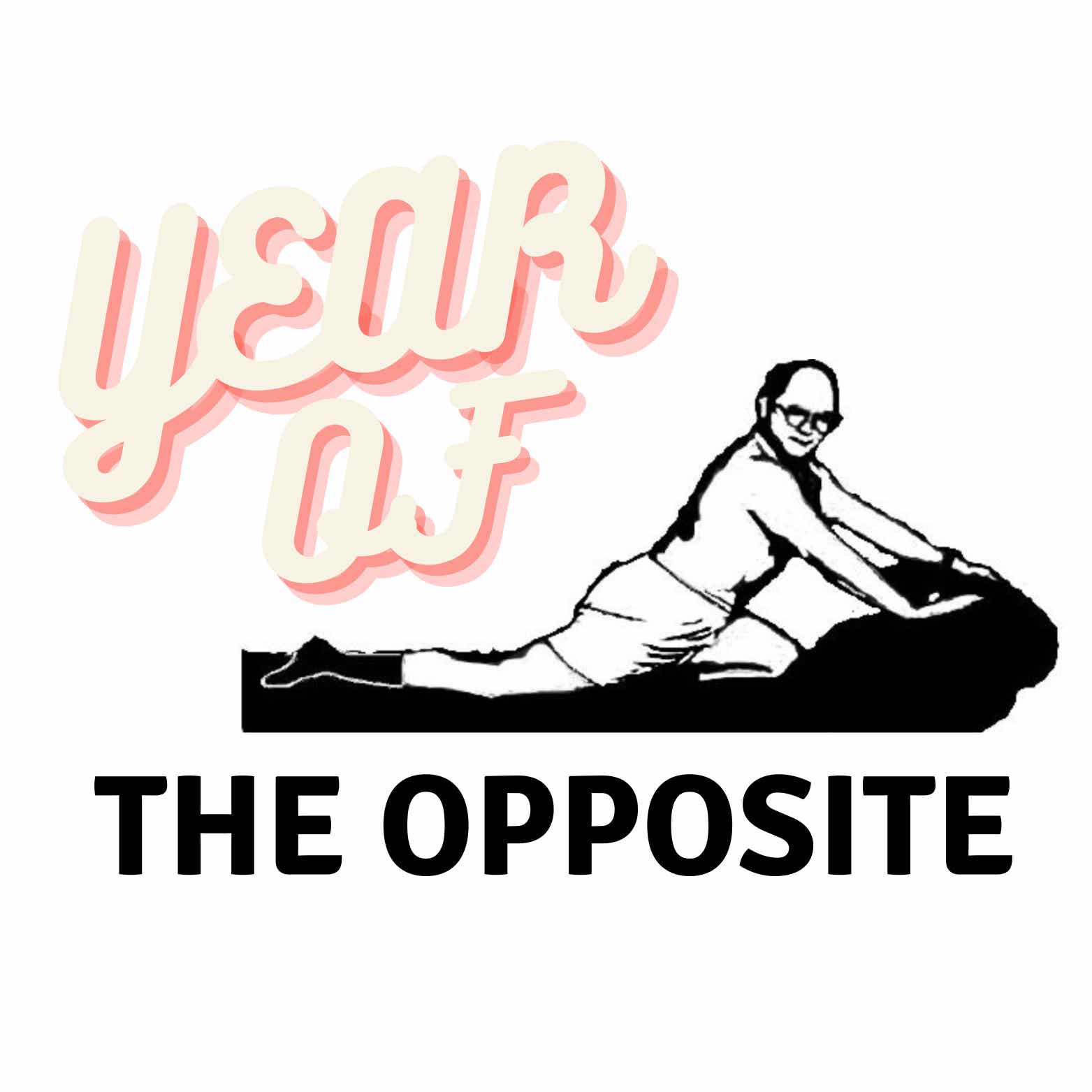How I Lost 62 lbs & built a habit of working out everyday.
Description
The most sought-after article for The Year Of The Opposite has been "How did you lose all the weight!?" So, let's dive right in, shall we? In just one year of living oppositely, I shed a whopping 37lbs, but that's only part of the story. Since hitting my peak weight in 2018, I've lost a grand total of 62lbs.
Now, I can almost hear your thoughts: "Losing 40lbs in one year isn't healthy! He must've used weight loss drugs or surgery, lost a ton of muscle mass, and it's probably unsustainable." Trust me, I'd be thinking the exact same thing.
Allow me to address those concerns. My weight loss journey has been focused on achieving the healthiest possible results. By most standards, I'm currently in the best shape of my life. At 42, I can run faster and farther than I could at 16. (Although, let's be honest, that doesn't say much about my teenage athleticism. But I digress.)
The driving force behind my health transformation was the desire to break free from the medications I'd been taking for various lifestyle-induced ailments. Don't get me wrong, I have immense respect for the wonders of modern medicine. However, after relying on daily medications for seven long years, I was increasingly uneasy about the prospect of continuing that regimen for the rest of my life. Even the safest medications come with side effects. Everything does. So, I was determined to escape the unsettling dependence on pills for my well-being.
Given my goal to ditch prescription medications, it should be clear (but I'll say it explicitly, just in case): I did not resort to weight loss drugs or surgeries. My approach was as natural as possible, as my primary objectives are longevity and healthspan. I want to live a long, healthy life and, in the end, go out swiftly. That's my motto: "Live long and die quickly."
I want to clarify that I'm not against weight loss drugs. In fact, quite the contrary. I've actually invested in Novo Nordisk, the company behind Semaglutide, Wegovy, and Ozempic. I'll admit, this investment has yielded a significant profit for me. Semaglutide is a GLP-1 receptor agonist, which means it mimics the action of human incretin glucagon-like peptide-1 (GLP-1). This increases insulin secretion, enhances blood sugar disposal, and improves glycemic control.
So, what does Semaglutide do? It suppresses hunger and promotes a feeling of fullness. It also helps your body regulate blood sugar levels more effectively. By reducing hunger, you consume less food. The outcomes have been remarkable, with people losing 10-20% of their body weight in just 12-20 weeks. Some experts are already saying that these revolutionary weight loss drugs are experiencing the fastest growth since Viagra. Rumor has it that many individuals in the entertainment industry and Los Angeles are using it, leading to a shortage of the drug.
But let me reel myself back from that Semaglutide endorsement and clear up any confusion. No, I didn't use any weight loss drugs to shed the pounds. That doesn't mean I'm against them; it's just that they didn't align with my personal objectives. My goal is to live as long as possible, preferably with minimal reliance on medication.
What about muscle mass? It appears that I may have lost some, although I don't have any entirely accurate measurements. My Renpho scale indicates that I've lost 5lbs of muscle mass over the past year and 15lbs since 2018. This is disappointing, but it could be a measurement issue. Despite these numbers, I've been strength training and am now stronger than when I began. I've consistently increased the weight on exercises like overhead presses, seated leg presses, bicep curls, lateral pulldowns, and lateral raises. My scale may say I've lost muscle, but my strength has undeniably improved. It might be a case of measurement error.
Is this sustainable? That's undoubtedly the most critical question, and I honestly don't know. I wish I could predict the future. I do experience significant slip-ups; for instance, I gai
More Episodes
The National Association of Realtors agreed to pay $418 million to settle an antitrust suit that showed that they colluded to inflate commissions, block competition, inflate US housing prices, and harm consumers. The $418 million might seem like a lot, but it’s less that a half percent (.5%) of...
Published 05/28/24
Published 05/28/24
Today I am going to complain and I feel gross about it because my life is amazing and no one wants to hear someone complain. But I want to share this story because I think it shows a side of humanity that people don’t talk about.
TLDR: Here’s the short version…
* I believe in active citizenship,...
Published 05/21/24


